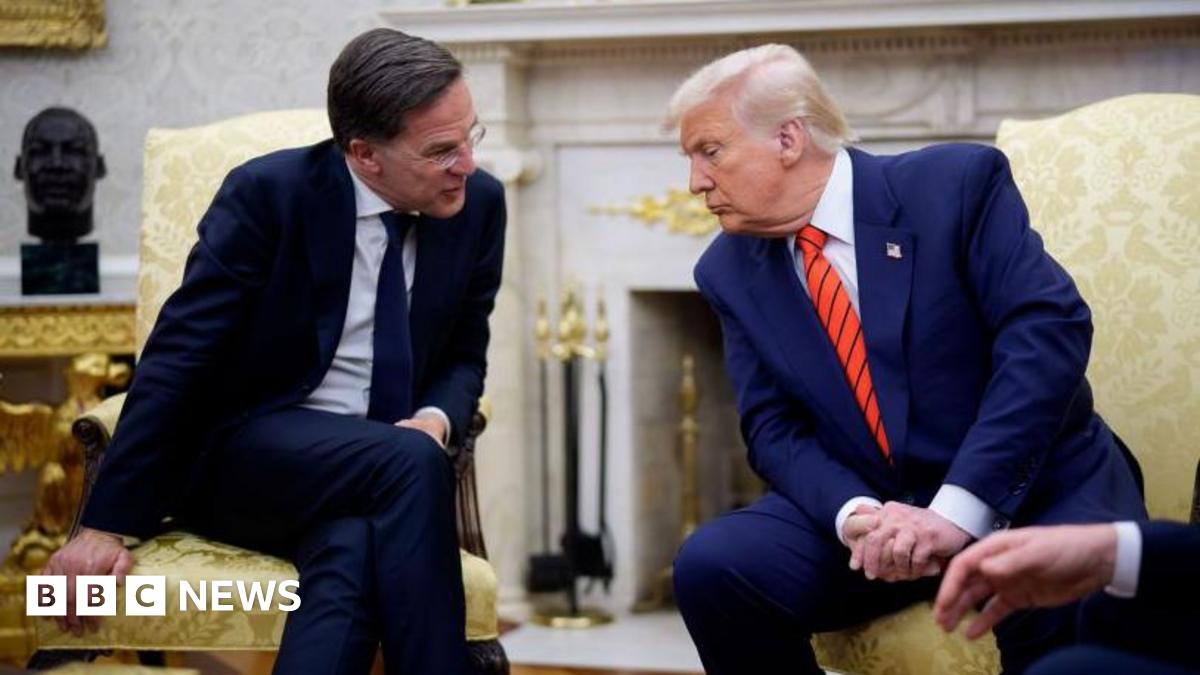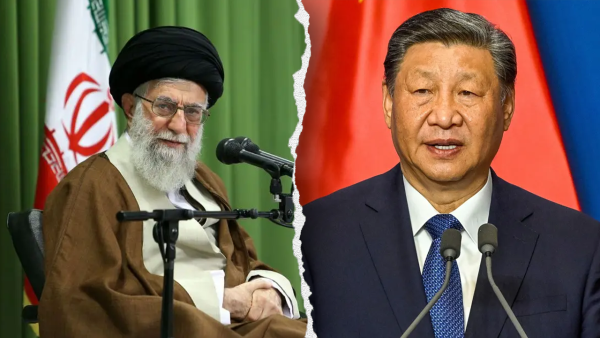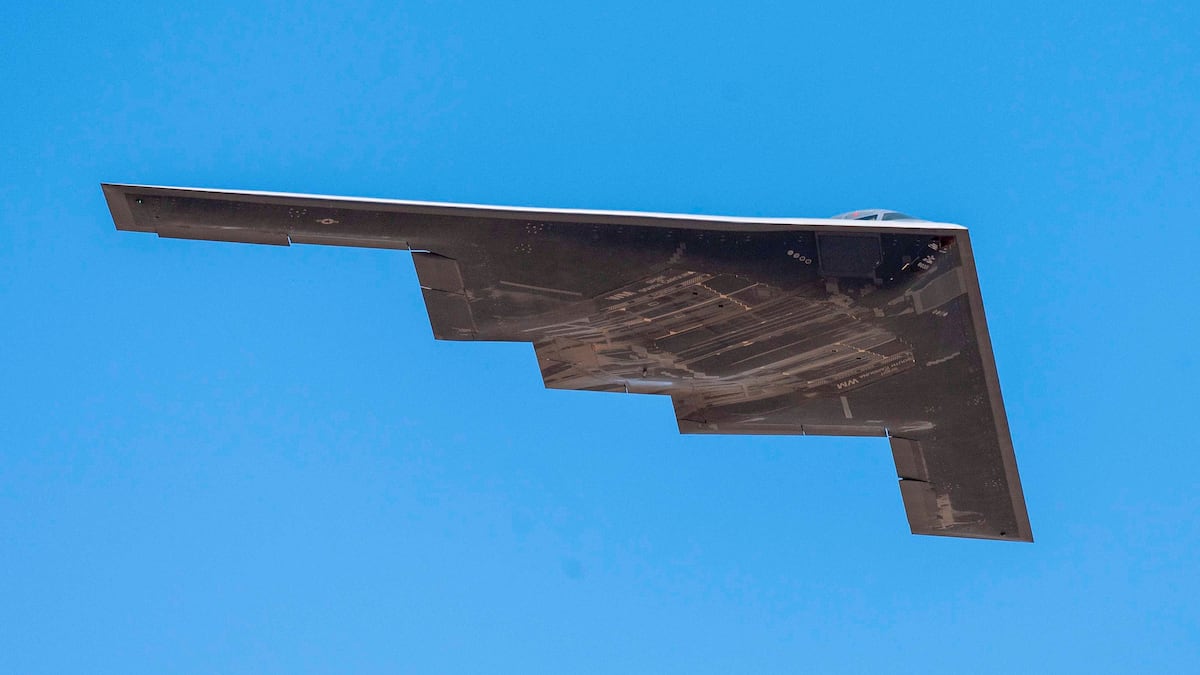China's Gain: How America's Middle East Policy Benefits Beijing

Welcome to your ultimate source for breaking news, trending updates, and in-depth stories from around the world. Whether it's politics, technology, entertainment, sports, or lifestyle, we bring you real-time updates that keep you informed and ahead of the curve.
Our team works tirelessly to ensure you never miss a moment. From the latest developments in global events to the most talked-about topics on social media, our news platform is designed to deliver accurate and timely information, all in one place.
Stay in the know and join thousands of readers who trust us for reliable, up-to-date content. Explore our expertly curated articles and dive deeper into the stories that matter to you. Visit Best Website now and be part of the conversation. Don't miss out on the headlines that shape our world!
Table of Contents
China's Gain: How America's Middle East Policy Benefits Beijing
America's shifting priorities in the Middle East inadvertently create opportunities for China's growing influence. For decades, the United States held a dominant position in the Middle East, shaping political landscapes and economic partnerships. However, a strategic pivot towards the Indo-Pacific and a perceived decline in American commitment to the region have created a power vacuum, one that China is adeptly filling. This isn't necessarily a deliberate strategy of Beijing, but rather a consequence of evolving geopolitical dynamics. This article will explore how America's changing Middle East policy inadvertently benefits China.
The Vacuum of American Influence
The US withdrawal from Afghanistan in 2021 served as a stark symbol of this shift. The chaotic nature of the withdrawal further undermined American credibility and projected an image of waning power. This perception, whether accurate or not, opens the door for other global players to increase their involvement. Simultaneously, the ongoing conflict in Yemen, the instability in Syria, and the lingering tensions in Iraq all contribute to a sense of uncertainty and a diminished American presence. This creates fertile ground for Chinese engagement.
Economic Opportunities: Belt and Road Initiative Takes Center Stage
China's Belt and Road Initiative (BRI) is a key instrument in its Middle Eastern strategy. This massive infrastructure project promises billions of dollars in investment in ports, railways, and energy projects across the region. Countries facing economic hardship, often a consequence of political instability, are increasingly receptive to Chinese investment, even if it comes with potential geopolitical strings attached. This contrasts with the often-conditional aid and assistance offered by Western nations.
- Reduced reliance on Western financial institutions: The BRI provides an alternative to traditional Western financial institutions, offering a less stringent lending process and potentially less political interference.
- Energy security: China's voracious appetite for energy resources makes the Middle East a crucial partner. Securing access to oil and gas supplies is a strategic imperative for Beijing, and the BRI helps to solidify these partnerships.
- Strategic alliances: BRI projects often lead to the establishment of closer diplomatic ties and strategic alliances, further strengthening China's position in the region.
Geopolitical Implications: A Shifting Balance of Power
China's growing influence in the Middle East has significant geopolitical implications. While China publicly maintains a policy of non-interference in internal affairs, its economic leverage allows it to exert considerable influence on regional actors. This is particularly evident in its relationships with countries like Saudi Arabia and Iran, two regional rivals with whom the US has had complex and often strained relationships.
- Diversification of alliances: Middle Eastern countries are increasingly diversifying their alliances, looking beyond traditional partnerships with Western powers. This trend is fueled by the perception of a less engaged US and the attractive economic incentives offered by China.
- Competition for influence: The competition between the US and China for influence in the Middle East is intensifying. This competition is not only economic but also ideological, with each country promoting its own vision for regional stability and development.
Conclusion: A Complex Interplay of Factors
The benefits China reaps from America's evolving Middle East policy are not solely a result of deliberate action by Beijing. Rather, it's a consequence of a complex interplay of factors, including America's shifting priorities, regional instability, and China's proactive economic engagement. This shift in the balance of power necessitates a reevaluation of American strategy in the region and highlights the growing importance of understanding China's role in shaping the future of the Middle East. The question now is how the US can adapt its approach to regain influence and ensure stability in a region increasingly shaped by Chinese investment and ambitions.
Keywords: China, Middle East, US foreign policy, Belt and Road Initiative, geopolitical strategy, economic influence, power vacuum, regional stability, Saudi Arabia, Iran, Afghanistan, American withdrawal.

Thank you for visiting our website, your trusted source for the latest updates and in-depth coverage on China's Gain: How America's Middle East Policy Benefits Beijing. We're committed to keeping you informed with timely and accurate information to meet your curiosity and needs.
If you have any questions, suggestions, or feedback, we'd love to hear from you. Your insights are valuable to us and help us improve to serve you better. Feel free to reach out through our contact page.
Don't forget to bookmark our website and check back regularly for the latest headlines and trending topics. See you next time, and thank you for being part of our growing community!
Featured Posts
-
 Nato Summit Trumps Presence Overshadows 32 Nation Discussions
Jun 22, 2025
Nato Summit Trumps Presence Overshadows 32 Nation Discussions
Jun 22, 2025 -
 Baseball Legend Withdraws Support For Trump Amid War Concerns
Jun 22, 2025
Baseball Legend Withdraws Support For Trump Amid War Concerns
Jun 22, 2025 -
 Unlocking Lockheed Martins Stock Growth A 20 Year Performance Review
Jun 22, 2025
Unlocking Lockheed Martins Stock Growth A 20 Year Performance Review
Jun 22, 2025 -
 Chinas Iran Stance A West Losing Scenario And Its Implications
Jun 22, 2025
Chinas Iran Stance A West Losing Scenario And Its Implications
Jun 22, 2025 -
 Analyzing The 98 67 Blowout Storm Vs Sparks Game Recap June 17 2025
Jun 22, 2025
Analyzing The 98 67 Blowout Storm Vs Sparks Game Recap June 17 2025
Jun 22, 2025
Latest Posts
-
 Qatars Strategic Challenge Maintaining Ties With Iran And Israel Amidst War
Jun 22, 2025
Qatars Strategic Challenge Maintaining Ties With Iran And Israel Amidst War
Jun 22, 2025 -
 Israeli Strikes On Iran Spark Radiation Concerns Qatar Steps Up Monitoring In The Gulf
Jun 22, 2025
Israeli Strikes On Iran Spark Radiation Concerns Qatar Steps Up Monitoring In The Gulf
Jun 22, 2025 -
 Escalada En Oriente Medio Estados Unidos Bombardea Instalaciones Nucleares Iranies
Jun 22, 2025
Escalada En Oriente Medio Estados Unidos Bombardea Instalaciones Nucleares Iranies
Jun 22, 2025 -
 Wnba Recap Storm Rout Sparks 98 67 On June 17 2025
Jun 22, 2025
Wnba Recap Storm Rout Sparks 98 67 On June 17 2025
Jun 22, 2025 -
 From Bramble Bush To Tze Elim Bet A Detailed Account Of Mossads Failed Operation And Its Consequences
Jun 22, 2025
From Bramble Bush To Tze Elim Bet A Detailed Account Of Mossads Failed Operation And Its Consequences
Jun 22, 2025
